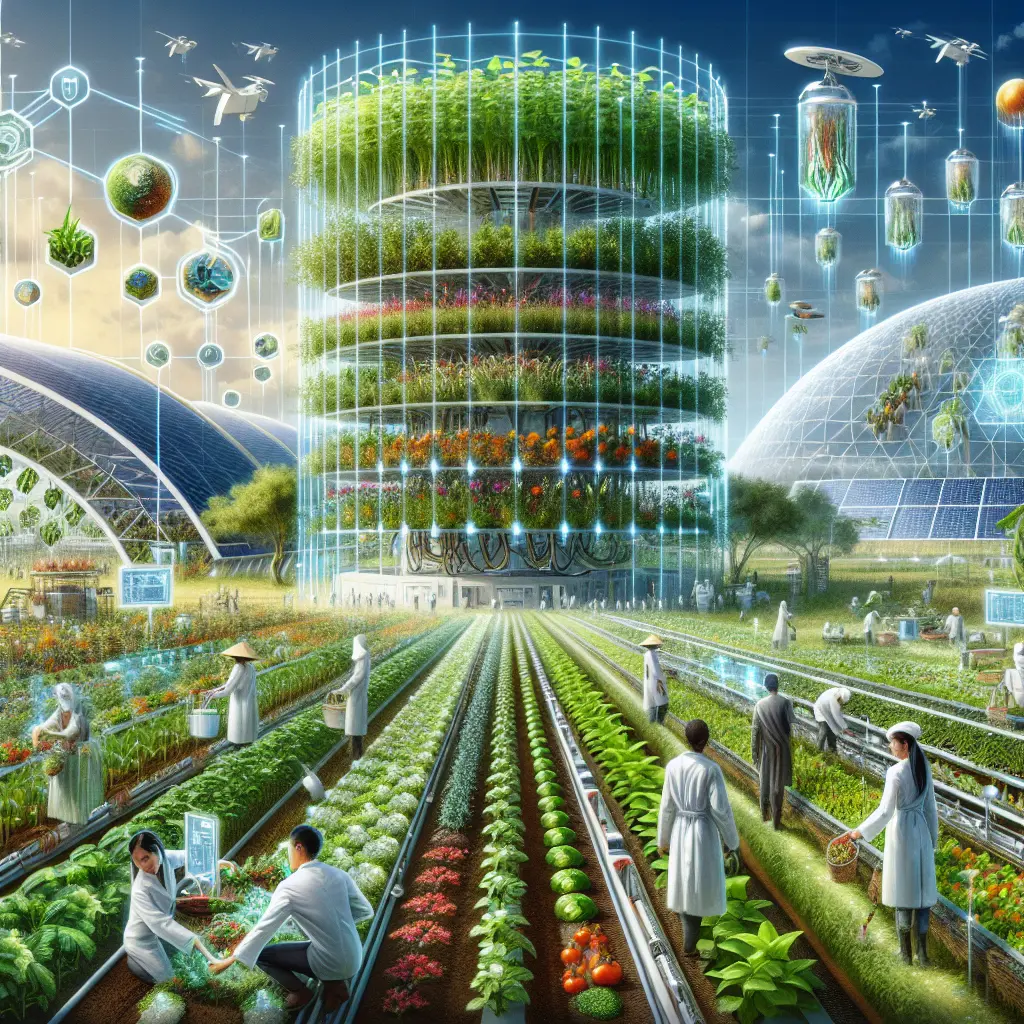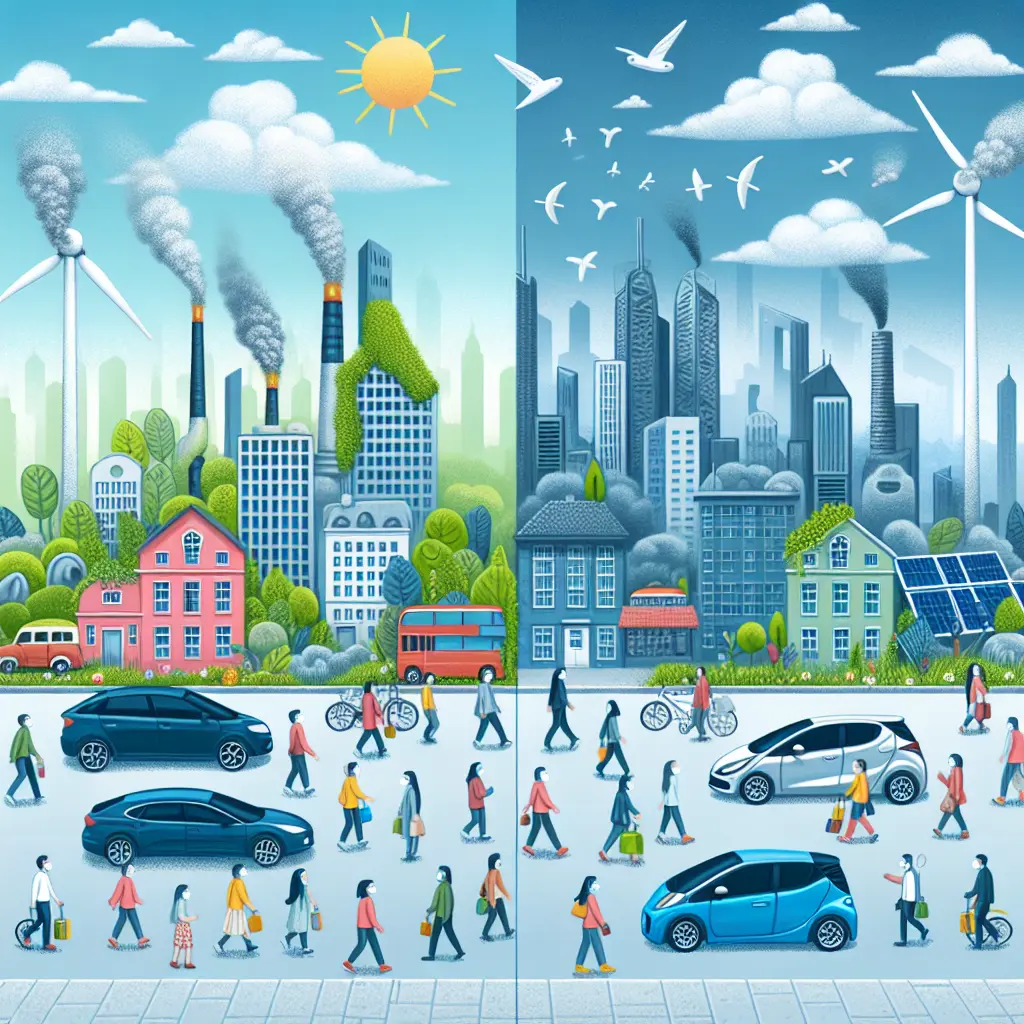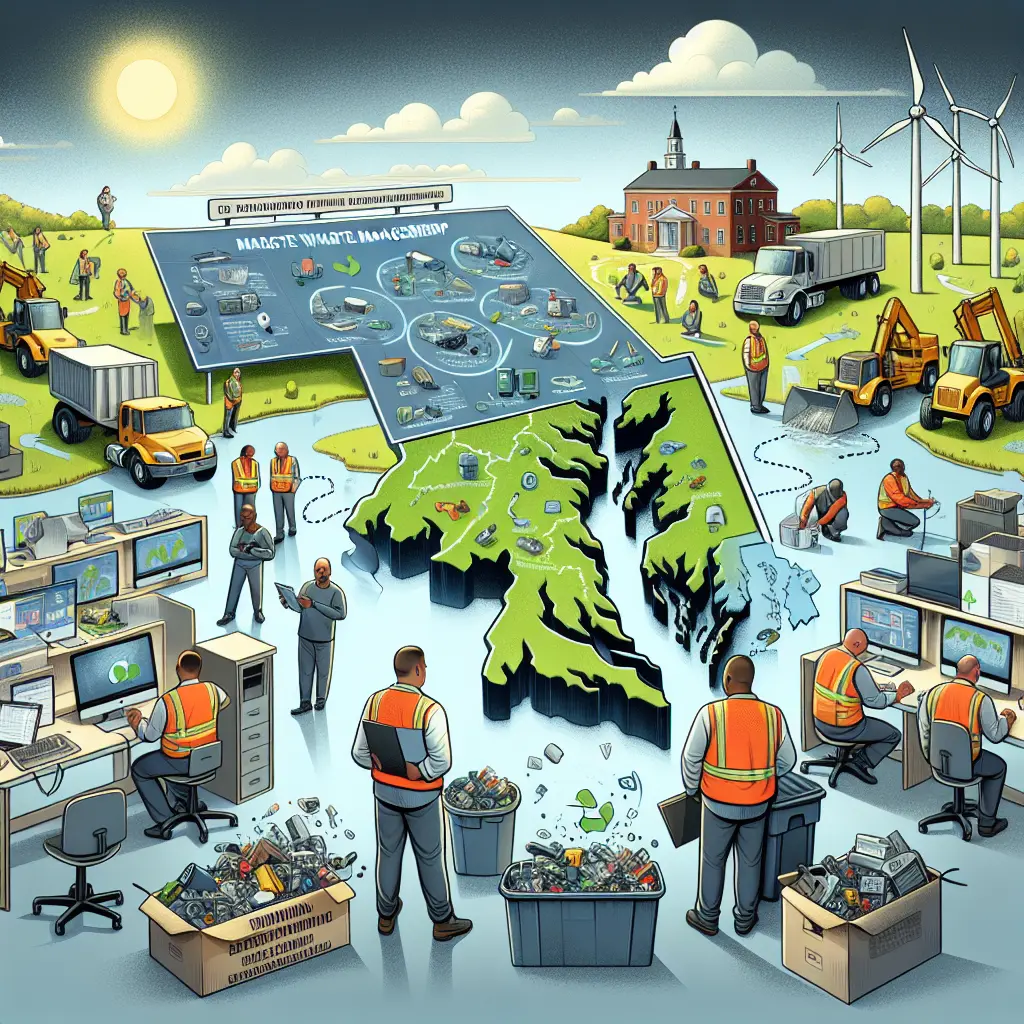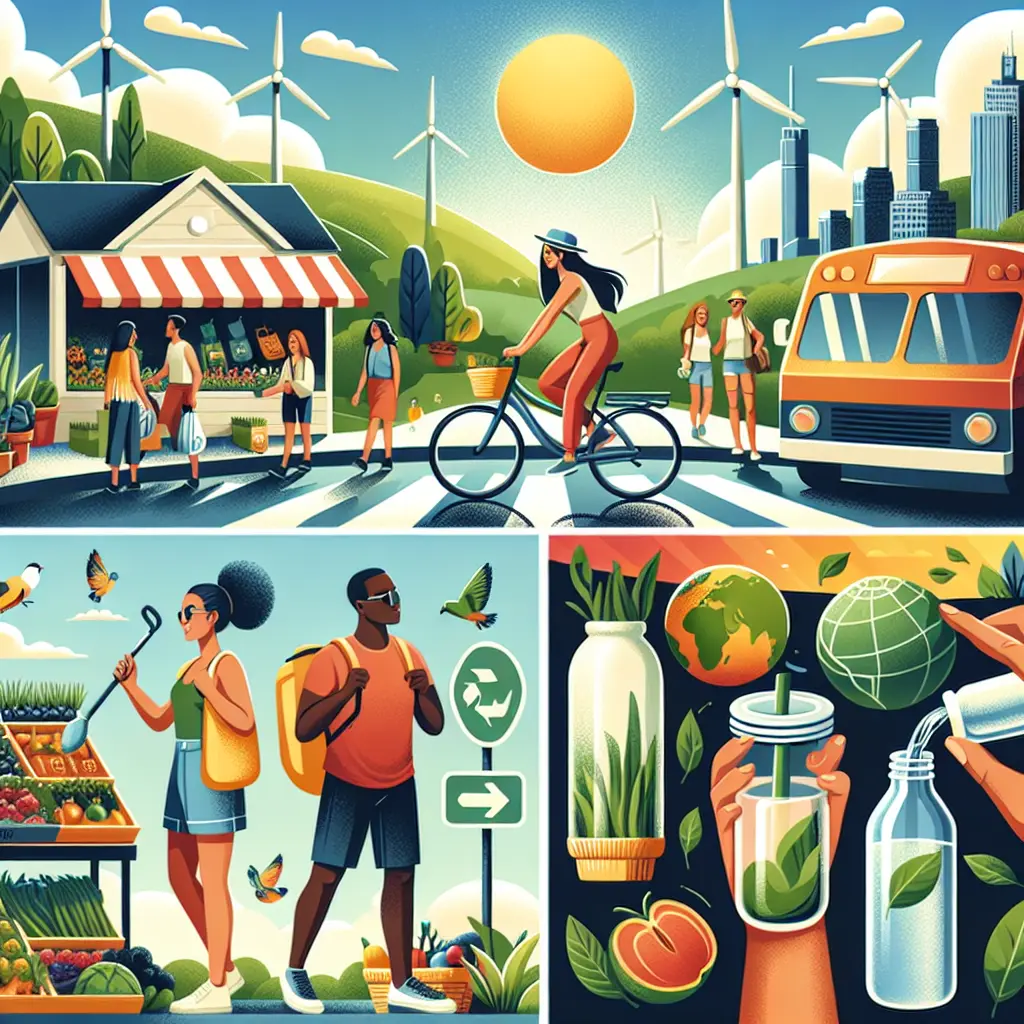As the world grapples with the urgent need for climate change mitigation, the spotlight has turned firmly towards renewable energy as a crucial player in reducing carbon footprints. The journey towards sustainable energy solutions is paved with both innovation and controversy, as recent developments have shown.
Renewable energy technologies are at the forefront of the clean energy transition. These low-carbon energy sources, including solar power, wind energy, hydroelectric power, bioenergy, and geothermal energy, offer substantial environmental impact benefits compared to traditional fossil fuels. By harnessing natural processes, renewable energy provides a practically inexhaustible supply of power with significantly lower emissions.
The stark contrast between renewables and fossil fuels lies in their environmental footprints. Renewable energy sources emit little to no greenhouse gases or pollutants during operation, making them key players in carbon footprint reduction. In contrast, fossil fuels are the largest source of carbon dioxide emissions, a leading contributor to global warming.
A striking example of renewable energy's integration into mainstream events is the Purple Track at the 2024 Summer Olympic Games. This track is designed with sustainable materials to lower the games' carbon footprint. However, critics argue that such measures are mere greenwashing if not part of a broader sustainable strategy.
Saudi Arabia's ambitious project, The Line, aims to be the world's first eco-city. However, experts remain skeptical about its feasibility and true sustainability. This highlights the complexities and challenges in large-scale sustainable urban planning.
Recent Advancements and Challenges
In the United States, the Biden administration is pushing for more sustainable construction materials. This initiative aims to reduce the environmental impact of building projects, which are significant contributors to carbon emissions.
The increasing clutter of space junk, exacerbated by initiatives like StarLink, poses not just orbital risks but also underscores our escalating energy demands. This situation calls for more stringent regulatory measures to ensure sustainability in space as on Earth.
Solar energy is one of the most promising green energy alternatives. Recent enhancements in photovoltaic technology have made solar panels more efficient and affordable, driving up their adoption rate. Solar power's scalability makes it suitable for everything from small residential setups to large utility-scale installations.
Wind energy is celebrated for its efficiency and has become synonymous with sustainable energy solutions. It's particularly effective in reducing carbon footprint when implemented in high-wind areas where it can consistently generate power.
Impact of Specific Renewable Sources
Hydroelectric power, one of the most mature and reliable renewable sources, continues to play a crucial role in global energy systems. Its ability to provide stable energy and grid reliability is unmatched, although ecological impacts and geographical limitations pose challenges.
Bioenergy plays a dual role by providing energy from biological sources while helping manage waste materials. However, its sustainability is debated, particularly concerning land use and potential competition with food production.
Geothermal energy offers a low-footprint thermal solution by tapping into the earth's natural heat. Recent technological advancements have expanded its potential applications, making it a more viable option across various regions.
The broader application of renewable energy technologies is vital for robust climate change mitigation strategies. By replacing carbon-intensive power sources with green alternatives, we can significantly curtail global warming trends.
Despite their benefits, not all renewable projects escape criticism. For instance, the Paris Olympics have been accused of greenwashing—implementing superficial eco-friendly measures while overlooking broader unsustainable practices. Such criticisms underscore the importance of comprehensive strategies that address all environmental aspects rather than just token gestures.










Leave a Comment